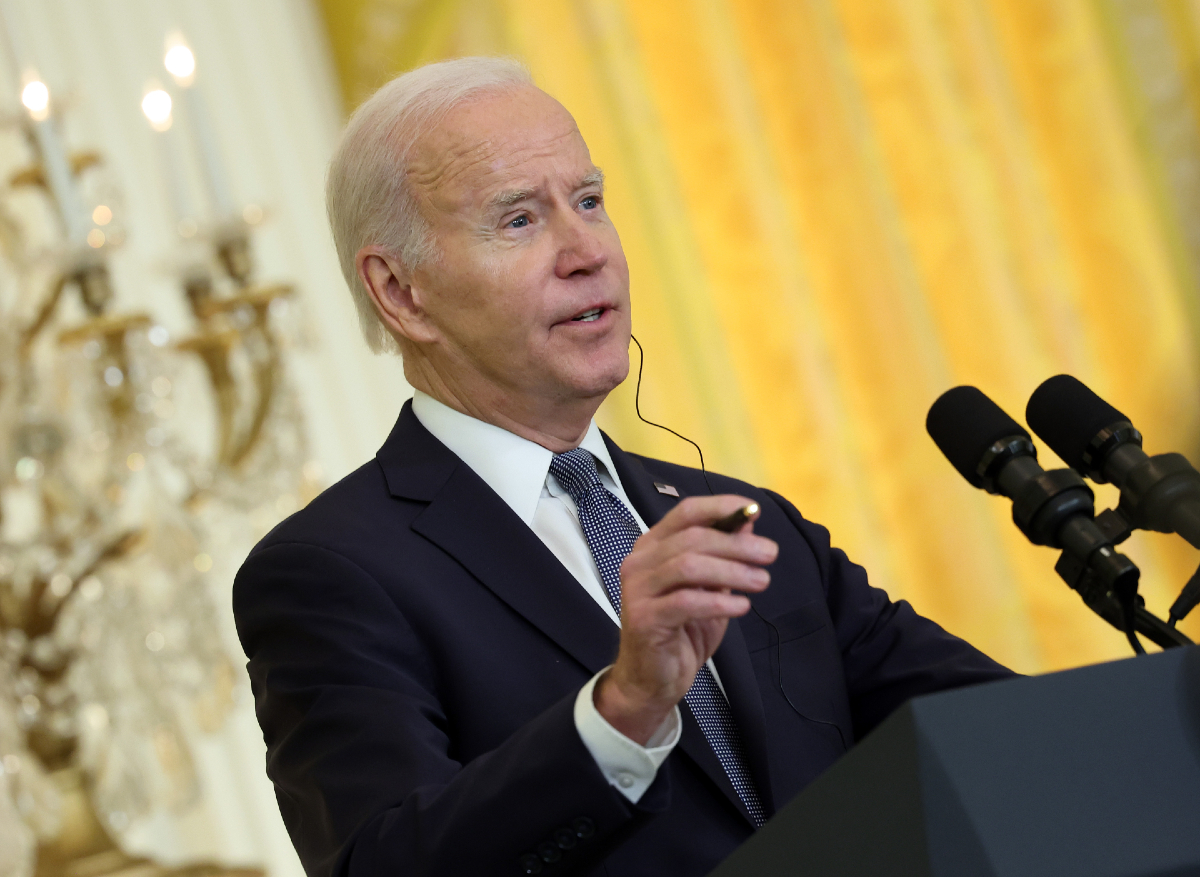Over 70 Asian American Organizations Demand Biden Begin Slavery Reparations Commission
#Solidarity

While the history of reparations is not new, it has been an increasingly notable topic in recent years. Half of the entries on the Historical Timeline of Reparations Payments Made come from the last decade alone. Now, another group has thrown their support behind reparations for African Americans: Asian Americans.
At the end of last year, 76 organizations representing Japanese Americans, Asian Americans, and Pacific Islanders sent a letter to the White House, detailing their request for President Biden to “commit to establishing a Presidential Commission that would study the legacy of enslavement and racist government policies with the intent to develop and implement practical solutions for reparations.” The stated goal is “to develop and implement practical solutions for reparations by the end of this year”, as “Black reparations might help our Nation heal from the wounds of the past and present and continue to bend the moral arc of the universe toward justice.”
These 76 organizations are joining more than 350 others in supporting H.R. 40, the Commission To Study and Develop Reparation Proposals for African-Americans Act, a House bill that the letter notes “has been introduced in some form in every Congress since 1989.”
History of Black and Asian solidarity
This is not the first time Asian American groups and individuals have thrown their support behind Black Liberation and Civil Rights; many Civil Rights groups have worked together for the common goal of a more equal America. There’s been a long history of friendships between Black and Asian activists such as Thich Nhat Hanh and Dr. King, Malcolm X and Yuri Kochiyama, and the married couple James and Grace Lee Bogs, to name a few. There have also been some Asian members of the Black Panther Party.
Even more poignantly, Japanese Americans are proof that the country can provide reparations; when 120,000 Japanese Americans were imprisoned in concentration camps in the 1940s, they lost homes and businesses, as well as personal freedom. It was only in the 1980s that the government offered reparations to the 80,000 surviving victims, totaling about $1.6 billion.
That doesn’t mean that Black and Asian Americans don’t acknowledge the differences between their experiences. When asked about slavery reparations in an interview with NPR, John Tateishi, an author and former prisoner of the Manzanar Relocation Center explained: “Our situation was very different—we didn’t come out of the same historical experience. I can’t think of any group that has suffered racism to the degree that black Americans have … Until there are efforts made to try to resolve the root causes and to get at the racism, it’s going to be a tough battle to move forward … It can’t just stagnate there and fester like a wound.”
The next step
It definitely should be noted that the commission is only a first step, and one that has arguably not even been fully taken; despite rumors that have been floating around since February of 2021, the Biden administration has not made any moves toward supporting reparations, and with only two years left in his first term, his chance to enact meaningful change may be running out. Hopefully, the 426 organizations demanding action will help grease the wheels of progress.
Edit: I previously cited Richard Aoki, an early member of the Black Panther Party, as an example of Black and Asian activist solidarity. While Aoki was a member of the party, he eventually became an informant for the FBI.
Have a tip we should know? tips@themarysue.com